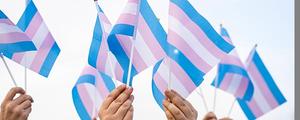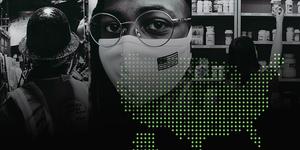Survey Research
Explore Gallup's research.

Discover why employee surveys are important. Learn how to use survey tools to boost employee engagement and improve the employee experience.

Pre-incentives in mail and mail push-to-web surveys can significantly improve response rates and reduce overall survey costs.
Use expert employee survey tools to capture the employee voice and create meaningful workplace change.

Gallup evaluates several approaches to handling "careless responders" in opt-in panel data.

Gallup compared the quality of data obtained from several opt-in panel vendors to better understand whether panels differ in the quality of data they provide.

Gallup has extensively tested the use of opt-in sampling to understand its challenges and to develop strategies for improving data quality and accuracy of results.

Gallup tested different ways to ask race and ethnicity to better understand how changes to the U.S. standards for collecting race and ethnicity on federal surveys might affect data and analysis.

Researchers shed light on neurodiverse respondents' experiences participating in public opinion research, employee surveys and personality assessments.

Gallup Poll methodology and the priority of long-term trends.

Gallup recently tested several methods for capturing and measuring transgender identities.

To date, survey research has not adequately addressed the complexities of gender identity. Gallup is attempting to bridge this gap.

Generational changes in gender identity may fundamentally change how sex and gender are measured and how datasets are weighted to accurately reflect sex and gender. To address these changes, Gallup began testing new gender questions.

Analyzing responses to open-ended questions can be labor-intensive, but natural language-processing techniques offer new solutions.

Are traditional survey scales outdated? Should researchers switch to emojis or stars? Gallup conducted a survey experiment to find out.

It's tempting to press pause on an employee survey during disruption. Here's why you shouldn't.

Download the report to understand how COVID-19 and the ensuing economic crisis have brought together an overwhelming majority of Americans, regardless of their political affiliation, on priorities for COVID-19 recovery.

Gallup -- like many other researchers -- uses cognitive interviewing, as well as several other tools, to ensure the questions it is going to ask are clear and easy to answer, and measure what they are supposed to.

Gallup is committed to research that represents different backgrounds. Find out what we're doing to ensure all Black Americans' voices are heard.
Explore insights for leaders looking to prepare their teams for the future of work.

The United Nations has a new official method for classifying urban and rural areas around the world: the Degree of Urbanisation.